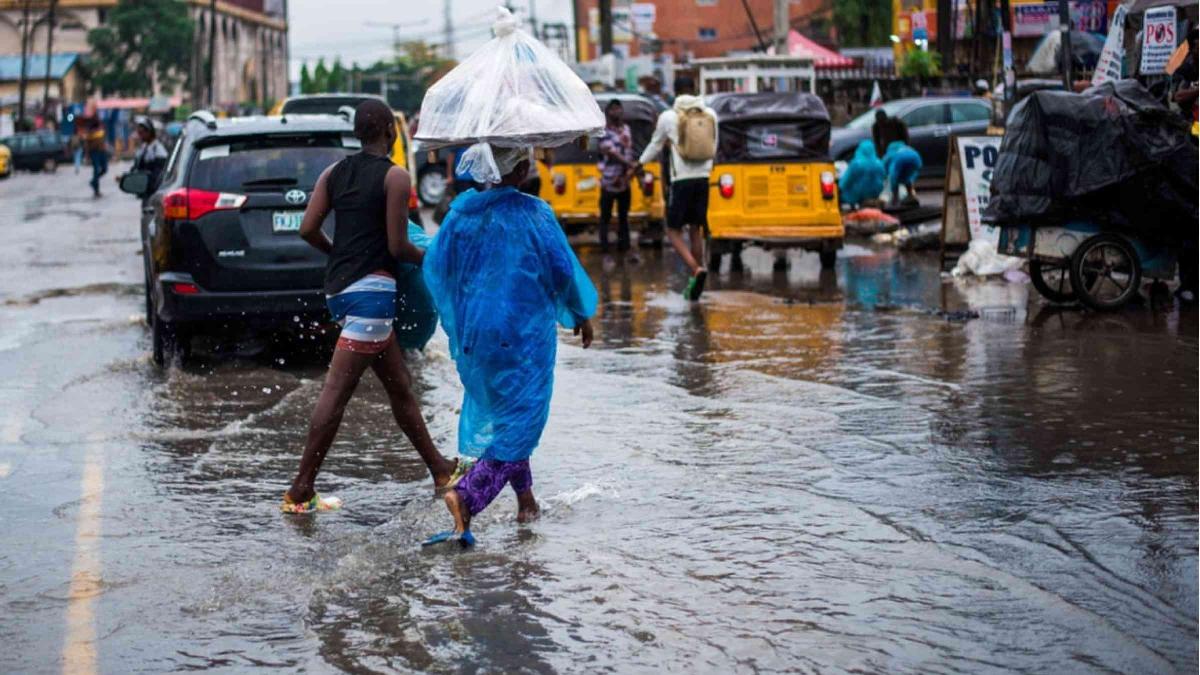
Maiduguri faces severe flooding: infrastructure failures and climate factors blamed
Northern Nigeria’s city of Maiduguri is grappling with its worst flooding in 30 years. The disaster, which has left over 30 people dead and displaced tens of thousands, has prompted a humanitarian crisis. Officials cite a mix of climate change and infrastructure issues as the primary causes.
The flood occurred after one of the spillways of Alau Dam, located near Maiduguri, collapsed. According to Nigeria’s Emergency Response Agency, the dam was designed to manage water flow and provide irrigation, but poor maintenance contributed to the failure. Professor Abubakar Monguno, a geologist at the University of Maiduguri, highlighted that the collapse, combined with unusually high rainfall, triggered the disaster.
While some government officials attribute the flooding to climate change, experts suggest otherwise. Adaku Echendu, an urban flooding researcher, pointed to the lack of infrastructure upkeep as a major factor.
Hamzat Lawal of Connected Development (CODE), a non-profit tracking public funds, echoed similar concerns. Lawal emphasized that if maintenance had been carried out, the flooding could have been minimized. Furthermore, studies show that over 300 dams in Nigeria require urgent attention.
Although climate change contributed to increased rainfall in Maiduguri, Echendu stressed that it is not the sole cause of the floods. Poor infrastructure maintenance and urban planning failures play a larger role in the devastation.







